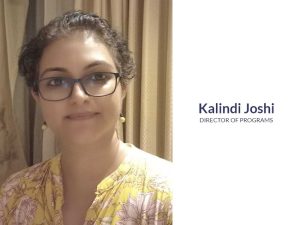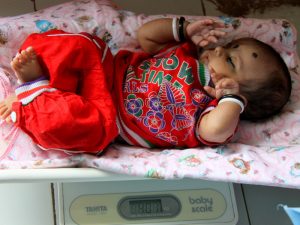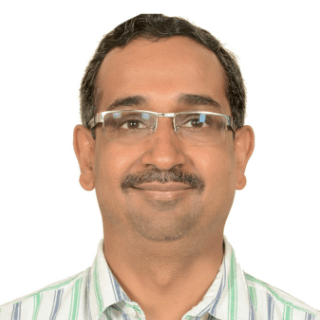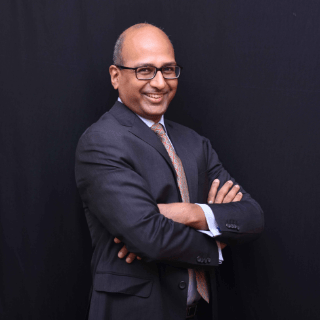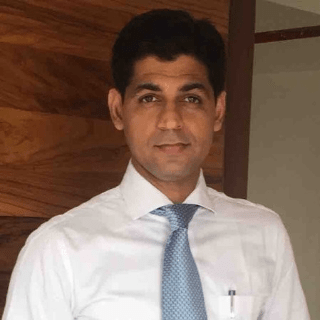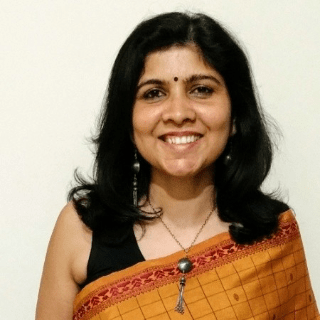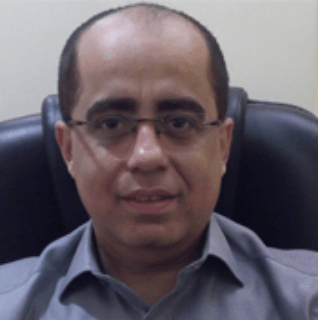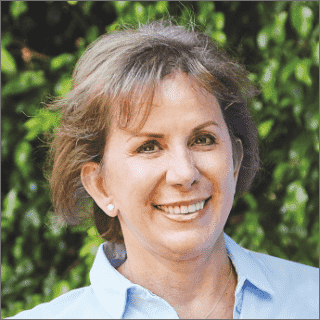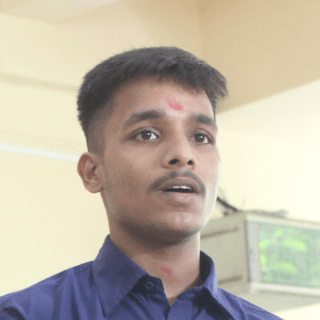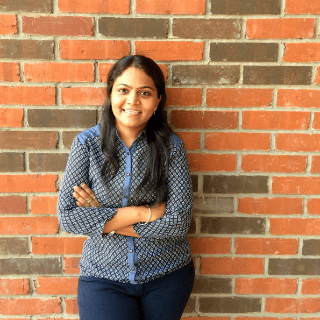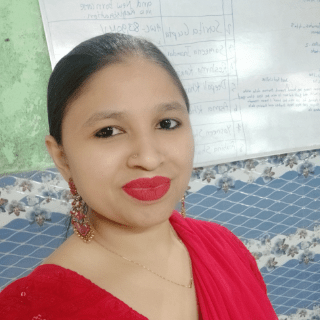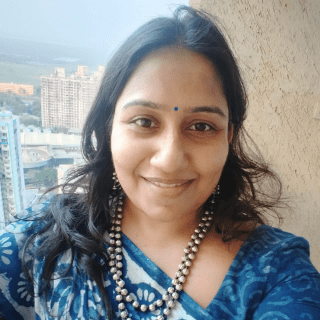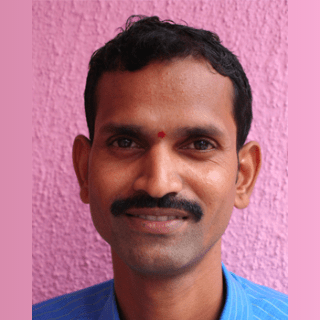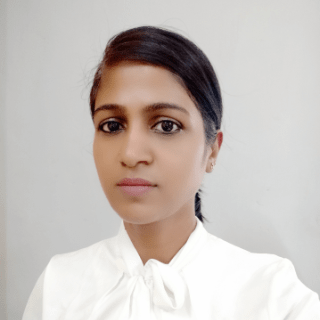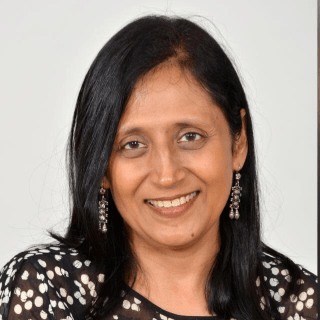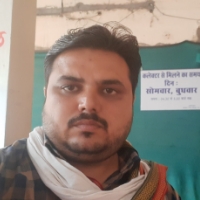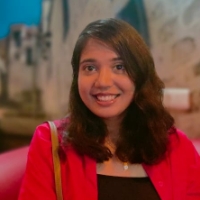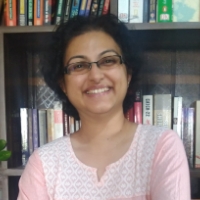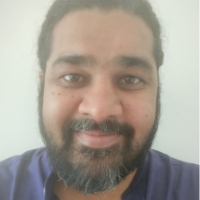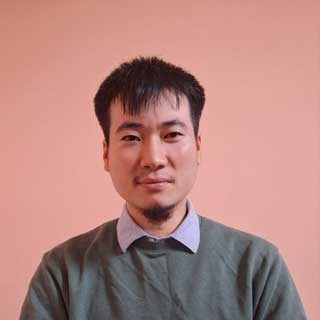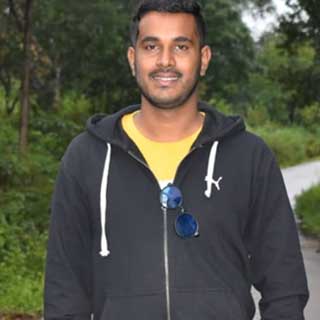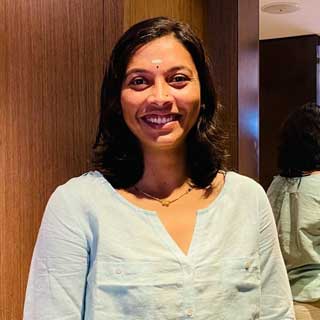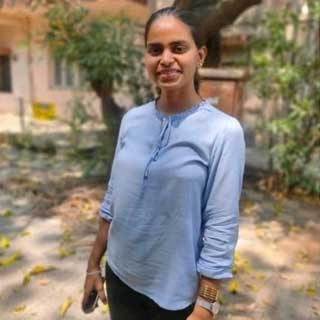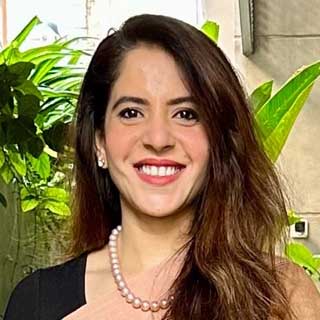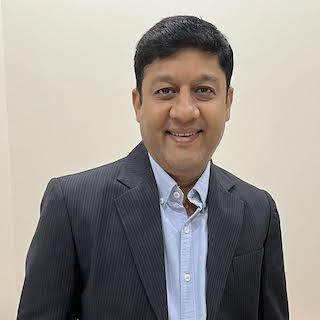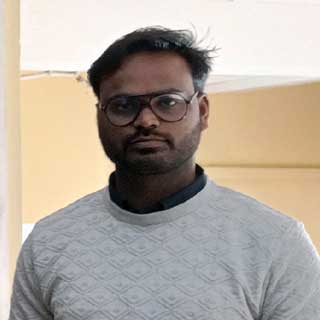If there’s something that has characterised this year for me, it is unlearning.
I identify myself as an activist – both personally and professionally. This part of my identity revealed itself to me when I chose to leave my job in IT. I joined the social sector as an educator in the year 2016, and moved to Maternal and Child Health around 6 months ago. This article is my way of reflecting and articulating some mindsets and actions that I see shifting inside me.
During my first week at work, I spoke with colleagues presenting different angles of the problems of malnutrition in the communities that we work with and what we do to address those challenges.
One colleague jumped into numbers – team strength, number of localities that we work with, number of Anganwadis and target number of beneficiaries, and the kind of qualitative and quantitative data that they review on a weekly and monthly basis. Another gave a very clinical run down of her work and responsibilities and a brief on some technical information that I would need to start with. Yet another colleague described the ecosystem that we work in – government partnerships, other organizations, and the challenges that are always in the periphery of our work with the most vulnerable communities. While together, these conversations were overwhelming, they didn’t faze me. In one way or the other, I knew how to work with these pieces of information.
There was, however, one conversation that made me want to turn off my camera and hyperventilate.
A colleague (who’s nothing short of a war veteran in the organisation), during a virtual induction session told me about the severe challenges arising from malnutrition in the communities that we work with. She talked about children born with extremely low birth weight, sometimes even less than a kilo. She spoke about pregnant mothers without adequate awareness of nutritional needs during pregnancy or lactation phases, about superstitions and religious beliefs coming in the way of families accessing health services or choosing nutritious foods for mothers and children in the first 1000 days, fear of bearing a girl child leading to mothers discontinuing essential medication, systemic apathy for hygiene and sanitation issues that result in severe malnutrition, and even infants dying due to combinations of these problems.
Somewhere during the session, we had switched to talking in Hindi, which may be why her statements hit harder than the scientific term infant mortality. (A reflection that I owe to my last 7 years as an educator). But it was in the shock of that moment that I realized that this was the first time in my activist career that I was coming across such close narrations of children dying. Of course, a part of that is because as a teacher and as an ECE Product Lead, I was either directly in charge of upholding the safety of my students, or had the comfort of our team exercising a significant influence to ensure the same in the schools and Anganwadis that we worked with. Stories of violations of personal safety, while horrifying, were fortunately distant. However, because our work at FMCH takes us to much more intimate spaces, we get equally exposed to the joys, hopes, and the heartbreaks of life for the marginalised. This conversation was an unambiguous lesson in why our work is important, and what it takes our team to persist on the ground.
I should also mention that since my joining FMCH, I have heard some very encouraging stories as well. Those of severely malnourished children becoming healthy. Or children with extremely low birth weight gaining weight in a span of 8 weeks. Or mothers who have been a part of our programs taking charge of nutritional decisions for the family. Or fathers and extended families stepping in to support a child, when the lactating mother is unable. Even though there is always the contrast of mothers severely lacking the motivation to care for their newborn, or those abandoned by their families, or families left unsupported by the health care system because their targets discourage them from reporting the real data, the success stories are the constant source of motivation. Whereas a year ago, I would have been inclined to get to the root cause of the issues, and build solutions for those, now I find myself asking myself or my team – What can we do to turn those issues around?
Another big change has been in terms of my responsibilities. Prior to my transition, I had the advantage of building things myself. And from scratch. Building content, product, and even a team. Especially as a Product Lead, I had the opportunity to research and follow a “do it right the first time” approach. This approach is something that I can trace back to my developer days following coding standards and configuration management guidelines as best as I could. And now, I have come into a position where I am leading an already existing team, working on programs which are already established as high impact solutions, or those which are designed to replicate the impact at scale. My role here isn’t as much to create high impact solutions, as it is to create paths that enable high impact. In programs as well as people. Both of which can only happen once there is trust. So alongside building strategy for such a dynamic vertical, I have the task of building my equally dynamic team’s trust in my skills and my authority.
Irrespective of my professional transitions in domain or the nature of my work, one thing that remains clear is that for any positive change to sustain itself, the one key component is education. Across sectors, organisations, and programs we call it different things – counselling, training, capacity building, awareness campaigns, learning and development etc, but the core intent of these activities is to educate people. With the hope that they adopt, imbibe and maybe champion healthier, safer and more compassionate practices. But what I have learnt in this role is that as long as social issues persist, there will always be a need for immediate, emergency responses. This does not put short term measures at a higher or a lower pedestal than long term sustainability. But I am definitely grateful for the chance to work on both simultaneously.
It took me a month to get familiar with the technical aspect of my work. And then another to adjust to what I was expected to do. It was only after that realisation, that a feeling of having settled into the new job came in. I suspect, however, that there is still some more unlearning that may be coming my way. The good news is that it brings a lot of new things to learn, and that is always a pleasure. That passion for learning is, thankfully, not among the things that’s shifting inside me.


